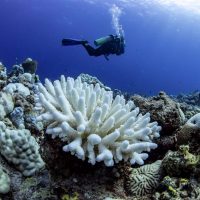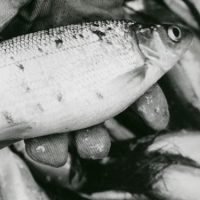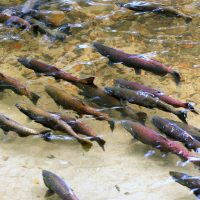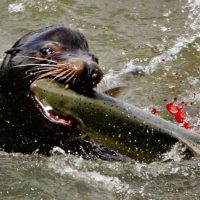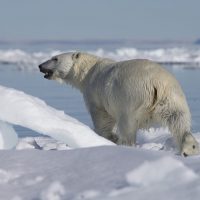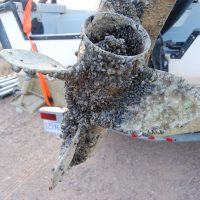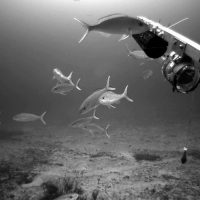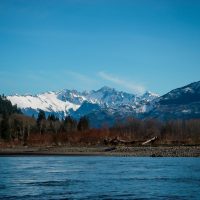Filter Results
Military flights biggest cause of noise pollution on Olympic Peninsula
A new University of Washington study provides the first look at how much noise pollution is impacting the Olympic Peninsula. The paper found that aircraft were audible across a large swath of the peninsula at least 20% of weekday hours, or for about one hour during a six-hour period. About 88% of all audible aircraft in the pre-pandemic study were military planes.
Read moreScientists organize to tackle crisis of coral bleaching
Coral bleaching is a significant problem for the world’s ocean ecosystems: When coral becomes bleached, it loses the algae that live inside it, turning it white. Corals can survive a bleaching event, but while they are bleached they are at higher risk for disease and death. Now an international consortium of scientists, including SAFS’ coral researcher Jacqueline Padilla-Gamiño, has created the first-ever common framework for increasing comparability of research findings on coral bleaching.
Read moreWe’re Hiring: Diversity Specialist
The University of Washington School of Aquatic & Fishery Sciences is hiring a Diversity Specialist – this temporary position will be 9 months at 50% FTE, including benefits, and will report to the Manager of Student Services & Diversity. The SAFS Diversity Specialist will fill a key role in the School’s ongoing efforts to become an equitable, inclusive, and welcoming academic and professional institution for students, staff, faculty, and colleagues.
Read moreUS seafood industry flounders due to COVID-19
The global pandemic is hurting the seafood industry, and American fishmongers may flounder without more government aid, according to the largest study of COVID-19’s impacts on U.S. fisheries. The new study, published Nov. 23 in the journal Fish and Fisheries, found that monthly fresh seafood exports declined up to 43% compared to last year, while monthly imports fell up to 37%, and catches dropped 40% in some months.
Read moreChinook salmon benefit from social interactions when navigating fish ladders
A new University of Washington study has found that Chinook salmon seem to use collective navigation and interact socially to help each other find fish ladders at dams.
Read moreEarly-arriving endangered Chinook salmon take the brunt of sea lion predation on the Columbia
A new University of Washington and NOAA Fisheries study found that sea lions have the largest negative effect on early-arriving endangered Chinook salmon in the lower Columbia River. The results of this study will publish Oct. 18 in the Journal of Applied Ecology.
Read moreSome polar bears in far north are getting short-term benefit from thinning ice
The small subpopulation of polar bears in Kane Basin were doing better, on average, in recent years than in the 1990s. The bears are experiencing short-term benefits from thinning and shrinking multiyear sea ice that allows more sunlight to reach the ocean surface, which makes the system more ecologically productive.
Read moreAquatic hitchhikers: Using mobile technology to predict invasive species transmission
A new University of Washington study uses passive data from a fishing technology company to model the movement of anglers and predict where aquatic invasive species may be spreading.
Read moreCitizen Scientists Help Count Deep 7 Bottomfish in Hawaii
The Pacific Islands Fisheries Science Center is launching a new citizen science project called OceanEYEs and is seeking volunteers to help find Deep 7 bottomfish in underwater videos.
Read moreSpotlight on SAFS research in Washington State
Last quarter we explored SAFS’ vast research network throughout the world’s arctic, subarctic, and tropical regions. We now bring the focus back to Washington State and the fascinating science coming from our own backyard. Delve into some research highlights from our faculty, staff, and students with an interactive map taking you on a virtual tour all around our state.
Read more
